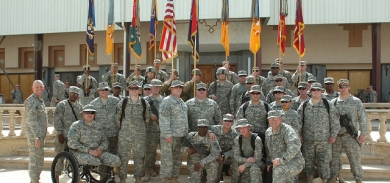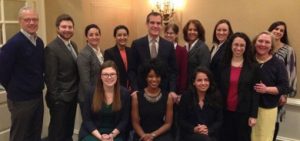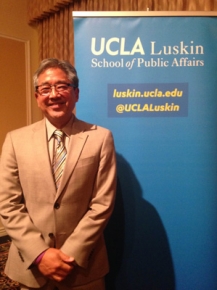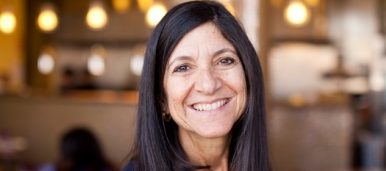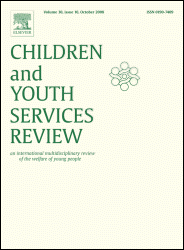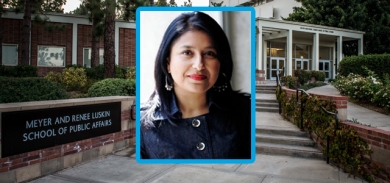Contributing to Community and Higher Education Antonia Tu (MSW '73) is giving back to support young Social Welfare students and the community.
By Adeney Zo
After working in social welfare for 10 years and in business the years following, Antonia Tu (MSW ’73) found a new way to give back to the community.
She and her husband, Norman Tu, recently created the Antonia Tu Fellowship in Social Welfare. “I appreciate the opportunities given to me [at Luskin], so I’m trying to do the same thing for students now,” says Tu. “I know that people going into social work are not there to make money, so I want to help them with books and costs.”
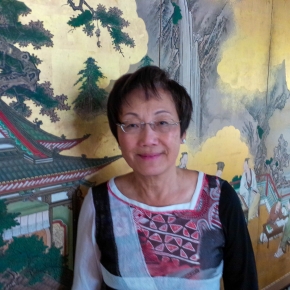
Antonia Tu
Kate O’Neal, assistant dean for External Relations, was also involved in the process of creating the fellowship. “When we met, Antonia asked about how she could do something more substantial to give back and support young Social Welfare students,” says O’Neal. “Now every year, a promising student in Social Welfare will receive support in Antonia Tu’s name for their education at UCLA.”
Tu first came to the US as an international student from Hong Kong, going through community college and eventually the UCLA Social Welfare program. Following graduation, she worked in the field of developmental disability for 10 years before starting DCL Corp, a distribution fulfillment business, with her husband in 1982. She held various executive positions in Human Resources and Operations. Today DCL is a successful business with locations in Northern and Southern California and Louisville, Kentucky.
“From social work, I learned how to find the right employee and place them in the right position, so the skill set was transferrable,” explains Tu. “I would assess strengths and weaknesses of families and clients, which was later very applicable in business.”
Now retired, the Tu couple give back to their local community through a number of scholarships and donations. They contribute to a scholarship program for Asian high school students with financial need in the Bay Area, as well as a self-help group for the elderly. Tu also sponsors her former community college on an annual basis in addition to the new Social Welfare fellowship program at the Luskin School.
“We’re very active in the community, so I’m still involved in social work, in a way,” says Tu. “This is the beginning of a phase that I hope my children can follow by giving back to the community.”
Todd Franke, Chair of the Social Welfare Department says: “It is extremely gratifying to me to see alumni like Antonia giving back to UCLA Social Welfare, helping our next generation of students to achieve their MSW degree and embark upon rewarding careers in social work.”
